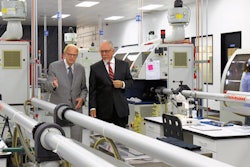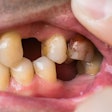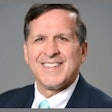
Last week, we posted the first in a continuing series where we asked dental consultants to share their best tips with you heading into the new year. The five tips shared last week covered topics ranging from case acceptance to hiring.
This week, we continue the series with five more consultants detailing things they believe to be important for dentists and team members in the new year.
The importance of trust, by Nancy Clark Crossin
 Nancy Clark Crossin.
Nancy Clark Crossin.What one thing will most strongly affect your business and your personal life for a lifetime? Trust, which builds relationships and is the foundation of effective communication. Developing trusting relationships enriches your business as well as your personal life.
Trust is a learnable skill. Like any leadership skill, it can be learned and developed. Stephen Covey wrote, "Trust is the glue of life. It's the most essential ingredient in effective communication. It's the foundational principle that holds all relationships."
In business, trust is necessary for patients to accept treatment and to remain your patients for a lifetime. If you want your team to endorse you and sing your praises even when you are not watching, trust is essential.
In your personal life, trust is fundamental to enjoying a happy and fulfilling life. Remember, in all areas of life, if you want to be trusted, you must be trustworthy.
Building trust is a lifetime journey. Think about building trust as a mandatory course requirement that will enrich your life and the life of others. Remember, it's an inside job.
Need help getting started? Read Ken Blanchard's book Trust Works. As you become more self-aware, watch the quality of your relationships improve.
Cash-flow tips, by Linda Miles
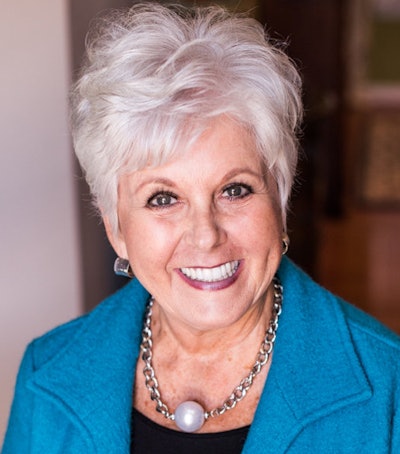 Linda Miles.
Linda Miles.Remember that it's not what you produce, but rather what's left over at month-end. As a business owner, it's up to the dentist to monitor what comes in (collections) and what goes out (expenditures) and why those numbers are where they are.
Knowing all the touchpoints of cash flow is the beginning to understanding the practice's true success. These touchpoints can include but are not limited to your website, the way new patients are enrolled, scheduling of appointments, insurance handling, financial presentations and options, accounts receivable (AR) follow-up, unscheduled treatment protocol, dental supply rates, negotiation of insurance reimbursement and lease negotiations, fee increases, and management of overtime.
All practices should have a budget, a corporate slush fund (for major expenditures to avoid interest), and an analytical/statistical tracking program. These tools, coupled with a net operating cash flow report, show the dentist where his or her money goes each month and whether those figures are in line with the estimated budget.
Some typical overhead expenditures (based on collections) in a general practice with some variations for specialists are provided below, with total overhead falling between 60% and 65%. Here's how I believe those numbers should break down:
- Team compensation: 23%-26% (excludes associate doctors)
- Dental supplies: 5%-7%
- Dental lab: 8%-11% (varies with CAD/CAM)
- Business supplies: 1%-2%
- Facility cost: 4%-6%
Systems that work, by Kathy Nicklaus
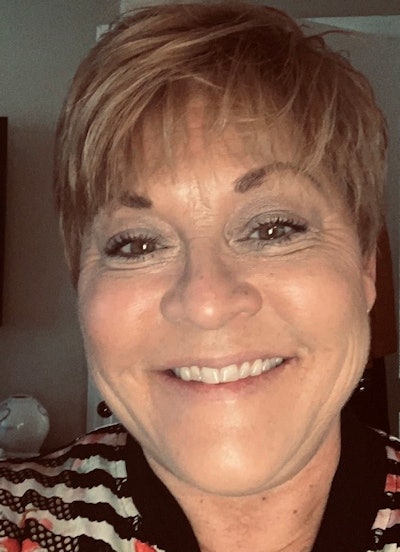 Kathy Nicklaus.
Kathy Nicklaus.A system is a set of principles to guide a person to accomplish something. This could be a playbook, script, manual, user guide, or handbook. These systems can be used to achieve many goals: training a team or cast, putting together a piece of furniture, and, yes, building a dental team.
Systems allow for a dental team to have answers to issues that arise over the course of time. They also allow new team members to be trained without bringing in outside information that may not be a fit for their new dental home. They offer harmony for the doctor and keep the team cohesive, enable cross-training to allow for assistance throughout the practice, and ease the transition when an associate comes on board.
Implement systems to ensure 2021 runs smoothly and to help you be prepared for the unexpected.
The importance of implementation, by Jodie Pearson
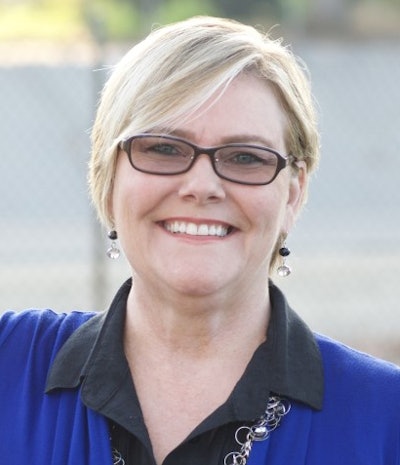 Jodie Pearson.
Jodie Pearson.You're in a whirlwind of urgent activity just to keep up with the 9 to 5. You know that if you just had more time, you could be implementing one or two really important changes that would create a better practice and a good night's sleep.
Enter The 4 Disciplines of Execution: Achieving Your Wildly Important Goals, by Chris McChesney, Sean Covey, and Jim Huling. Here are the four disciplines they discuss in their book:
- Focus on the wildly important: Focus your finest effort on the one or two goals that will have the biggest impact on the business, instead of giving mediocre effort to dozens of goals.
- Act on lead measures: Define the leveraged actions that will enable the team to achieve those goals.
- Keep a compelling scoreboard: Make sure everyone knows the score at all times, so they can tell whether or not they are winning.
- Create a cadence of accountability: This is where execution actually happens. Until you apply this discipline, your team isn't in the game.
Here's a quick example: X to Y by When. In January, you and your team decide that case acceptance has the biggest effect on the practice, and it's currently at 60%. Your goal is to reach 85% to 95% by June (or whatever time frame is appropriate for you). Each department decides what activity aligns with the goal it will implement and creates a compelling scoreboard.
Today, stop the whirlwind and implement.
Team meetings that make their point, by Shawn Peers
 Shawn Peers.
Shawn Peers.Is lack of communication an issue for your office? If you are serious about fixing it, you need to learn how to run effective team meetings. Many dentists swear team meetings are the least of their problems when the truth is the problem is bigger than they realize.
Here are five simple tips to help make your meetings a success:
- Schedule them now: Go to your calendar for 2021 and book every major team meeting you plan on having for the year. Whether you hold them monthly, biweekly, or another interval, schedule them now because you probably won't schedule them later.
- Set aside two hours: You can't hold an effective meeting in that hour over lunch. Team members need time to dismiss patients, clean their ops, wash up, get their lunch, and prepare to be engaged. Give them that time.
- Have an agenda: People contribute more to a meeting if they know the topics in advance. Also, limit the time for each agenda item. People get to the point faster when they know time is of the essence.
- Make decisions: If you are not making a decision, you don't need a meeting! Decide, implement, and follow up!
- End on time: That means 15 minutes before patients are scheduled. Odds are, they are already thinking about those patients and not listening to you anyway.
People from high-performing teams will tell you that effective meetings are a key to their success. They guide everyone in the same direction, rather than leaving the team feeling like it is a struggle to keep up.
The comments and observations expressed herein do not necessarily reflect the opinions of DrBicuspid.com, nor should they be construed as an endorsement or admonishment of any particular idea, vendor, or organization.






